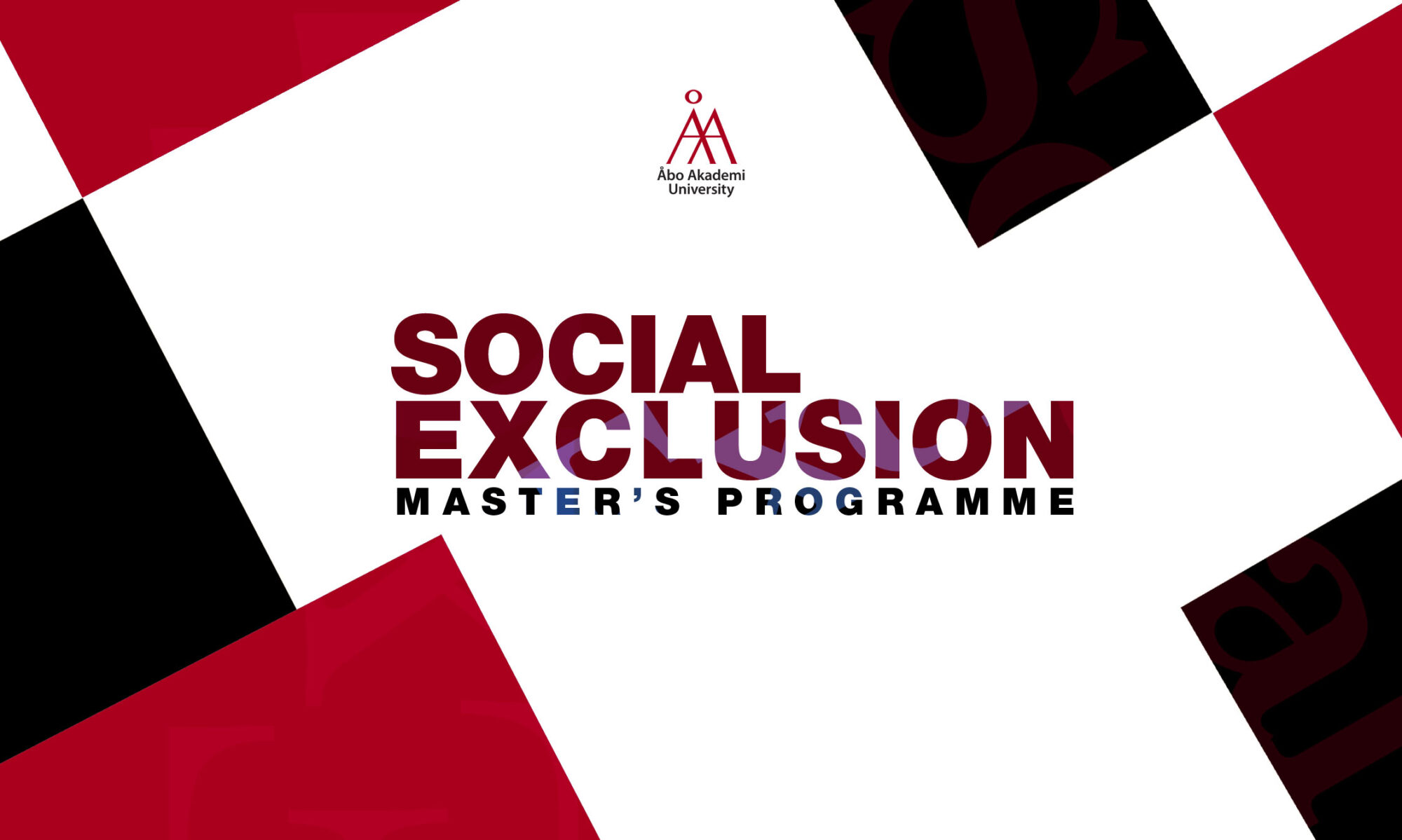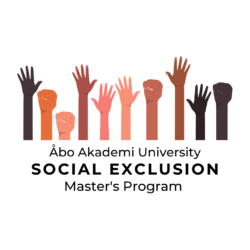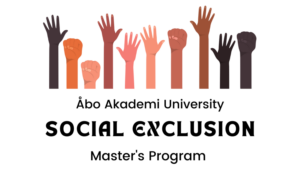The Social Exclusion Master’s Program is proud to announce a transformative change that embodies our commitment to fostering inclusivity in higher education. This reform is a response to the voices of the Social Exclusion students who have passionately advocated for a more equitable language policy.
For some time now, students of the Social Exclusion master’s program have raised concerns about the existing admission language requirements, which were perceived as Euro-centric gatekeeping mechanisms. In open letters written in 2021 and 2022, students of the Race, Racism, and Antiracism course criticized the university’s admission language policy that favors European students while placing those from countries with English as the language of education at a disadvantage.
Now, we are happy to announce that their advocacy and dedication have paid off. The Rector of Åbo Akademi University, Professor Mikael Lindfelt, signed a change in the admissions language policy. In the coming year, Åbo Akademi University is expanding the list of countries outside Finland, the EU, and the EEA whose English-language higher education is recognized as sufficient proof of English proficiency for admission. This expansion aims to create equal opportunities for applicants from a wider array of countries.
The newly updated list now includes:
|
Antigua and Barbuda |
Cameroon | Ghana | Kenya | Nigeria | Sierra Leone | Trinidad and Tobago |
| Australia | Canada | Grenada | Lesotho | Philippines | Singapore | Uganda |
| Bahamas | Dominica | Guyana | Liberia | Rwanda | South Africa | United Kingdom |
| Barbados | Eritrea | Hong Kong | Malawi | Saint Kitts and Nevis | Swaziland | USA |
| Belize | Ethiopia | India | Namibia | Saint Lucia | Switzerland | Zambia |
| Botswana | Gambia | Jamaica | New Zealand | Saint Vincent and the Grenadines | Tanzania | Zimbabwe |
Degrees completed in English at the bachelor’s, master’s, or doctoral level from these countries will now be accepted as sufficient proof of English language competence. To ensure that this new language requirement model is effective and responsive to the needs of our diverse student body, Åbo Akademi University will evaluate its impact after this application round. In the coming year, both Åbo Akademi University and the University of Helsinki will pilot this new policy, with the intention of refining and enhancing it based on applicant feedback and experiences.
At the Social Exclusion Master’s Program, we firmly believe that education should be a vehicle for breaking down barriers, not erecting them. This policy reform signifies a vital step towards a more inclusive and equitable academic environment. We eagerly anticipate welcoming a diverse cohort of students who will bring their unique perspectives and talents to our vibrant community. Through the scholarship in the Social Exclusion Master’s Program, we can forge a socially just and inclusive world.
We extend our sincere gratitude to the students, Emilia Plichta, Jan Louie Uy, Niki Panera, Vera Linden, Adelina Appel, Godfred Gyimah, Maryam Lashgarian, Oghenetega Oke, and Sandis Sitton, who called for change and courageously raised their voices against the discriminatory admission language policy.


